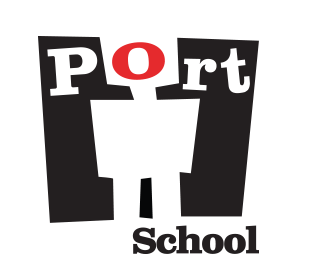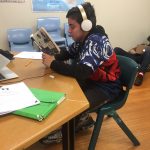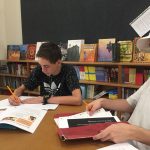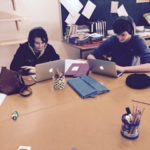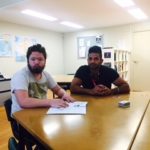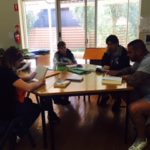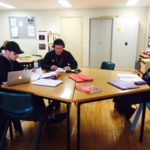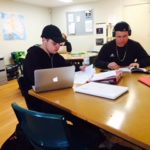The study of English is central to the learning and development of all young Australians. It helps create confident communicators, imaginative thinkers and informed citizens. It is through the study of English that individuals learn to analyse, understand, communicate with and build relationships with others and with the world around them. The study of English helps young people develop the knowledge and skills needed for education, training and the workplace. It helps them become ethical, thoughtful, informed and active members of society.
School Curriculum and Standards Authority
The English program at Port School is built upon and aligns with the School Curriculum and Standards Authority (SCSA), as do the assessing and reporting principles. What makes the Port experience different for our students, is the use of Individualised Education Plans (IEP). We realise that each student’s educational need is unique, and requires a focus and approach targeting specific areas which aim to close educational gaps and build the foundation of good literacy skills. This individually driven student-centric approach is highly effective and allows the student to set realistic short and long-term academic goals. Goals that are self paced, rather than the all-inclusive approach seen in mainstream schools where many students may fall behind, as they cannot grasp fundamental concepts. This is due to the curriculum being designed for the group, and not the individual, and is therefore delivered at a much faster pace. The IEP process ensures there is an increased appreciation of individual differences. Enhanced support is provided in the classroom via Education Assistants, as well as the use of various educational resources. Overall, the IEP process ensures best practice within the classroom, and the assurance that the student’s educational needs are being met.
The English program at Port School focuses on building our student’s confidence and facilitating their achievements in the four core skills of English – reading, writing, speaking and listening. It aims to instil in our students the Western Australian values of schooling – respect and concern for others and their rights, pursuit of knowledge and commitment to achievement of potential, self-acceptance and respect of self, social and civic responsibility and environmental responsibility.
Our teaching practice at Port is informed by the explicit teaching model; guiding our students toward specific learning outcomes in a highly structured environment. Our main objective is to create vibrant young adults who engage in the world with confidence and become effective members of society who realise their potential and value.
